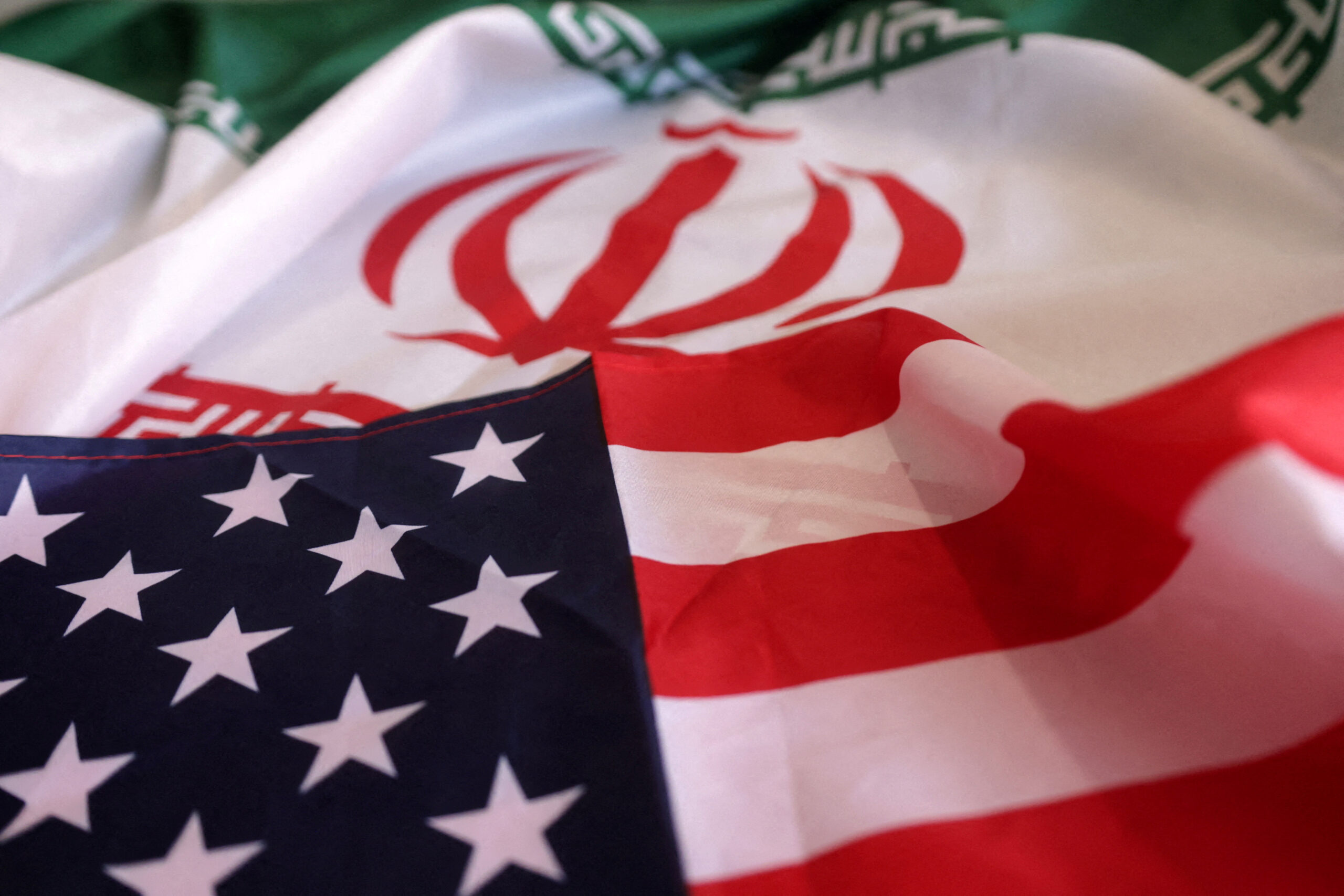Dr Bilawal Kamran
In 2024, the Small and Medium Enterprises Development Authority (SMEDA) introduced the “National Roadmap for Transition of Informal Businesses towards Formalisation,” in collaboration with the International Labour Organisation (ILO). This initiative, which targets the textile and auto sectors, aims to help informal businesses transition into the formal economy, unlocking the potential for these small and medium-sized enterprises (SMEs) to benefit from advantages like access to finance, government incentives, and enhanced growth opportunities. However, this latest attempt, like previous efforts, does not adequately address the underlying issues that have historically hindered the formalisation of informal businesses.
SMEs form the backbone of Pakistan’s economy, with over five million enterprises and a significant contribution to employment in the non-agriculture sector. Yet, despite their importance, a large portion of these businesses continue to operate in the informal sector, where they face barriers such as lack of access to financial resources, government incentives, and regulatory frameworks that hinder growth. One of the central aims of the National Roadmap is to facilitate SME formalisation, thereby integrating them into the formal economy, where they can benefit from banking services and scale their operations more efficiently. However, the execution of this initiative has been met with criticisms that it fails to address the root causes that prevent SMEs from formalising in the first place.
A joint study by SMEDA and the ILO highlights some of the key obstacles preventing SMEs from transitioning to the formal sector. Among these, the complexity of the tax system stands out as one of the most significant challenges. SMEs, which often operate in environments with limited resources and expertise, are deterred by the intricate and burdensome tax regime in Pakistan. The government’s tax policy is widely perceived as intrusive, and tax authorities are often seen as heavy-handed in their approach, adding to the apprehension surrounding formalisation.
However, while the tax system is indeed a critical factor, other structural barriers remain largely unaddressed. The regulatory framework, particularly the Industrial Relations Ordinance (IRO) and its accompanying Standing Orders Ordinance, continues to impose severe constraints on SMEs. The IRO, which applies to businesses with more than 10 employees, creates a significant disincentive for small businesses to formalise. For many SMEs, the thought of dealing with such complex regulations—ranging from social security and employee welfare to workers’ rights—makes the formalisation process seem overwhelming and expensive.
In addition to the IRO, SMEs also face a myriad of legal requirements associated with operating in the formal economy. These include compliance with the Employees’ Old-Age Benefits Institution (EOBI) regulations, workers’ welfare funds, and other social security measures. These legal and financial obligations are often viewed as additional burdens that small businesses cannot afford, which results in many opting to remain informal rather than comply with costly and time-consuming regulations.
One of the key features of the IRO that contributes to the reluctance of SMEs to formalise is the employee threshold it sets. As per the IRO, businesses with more than 10 employees are required to comply with complex legal and regulatory requirements, which many SMEs simply cannot afford or manage. As a result, businesses with fewer than 10 employees often remain informal to avoid the challenges associated with compliance. This threshold creates a significant barrier to entry for SMEs, preventing many small businesses from expanding beyond this limit and transitioning into the formal economy.
To effectively encourage the formalisation of SMEs, this threshold should be reconsidered. Raising the limit to 100 employees, for instance, could provide a more realistic pathway for businesses to grow without being burdened by excessive regulatory requirements too soon. This adjustment would not only incentivise SMEs to formalise but would also allow them to scale their operations and contribute more meaningfully to the national economy. By simplifying the transition process, businesses would have a greater incentive to invest in formalisation, leading to improved access to financing and other growth opportunities.
The complexity of Pakistan’s income tax system is another major challenge for SMEs seeking to formalise. The country’s tax framework is particularly burdensome for small businesses, which are required to navigate a convoluted system of withholding taxes, with multiple tax rates applied at different stages of business transactions. This system is difficult to understand and costly to implement, making it a significant barrier for SMEs, particularly those in the informal economy. For many SMEs, the time, money, and expertise required to comply with this system outweigh the potential benefits of formalisation.
The current tax framework appears to be more designed to ease the workload of tax authorities than to support small businesses. As a result, SMEs often find themselves overwhelmed by the administrative costs of complying with the system, and many choose to remain informal rather than face the complexities of formalisation. Simplifying the tax system is therefore a crucial step in facilitating the transition of SMEs into the formal sector. This could involve reducing the number of tax rates, streamlining the process, and offering tax incentives to encourage businesses to formalise.
Access to finance is another critical issue that SMEs face when trying to formalise. Informal businesses often struggle to meet the banking requirements necessary to assess their creditworthiness, which limits their ability to access loans and other financial products. Without access to banking finance, SMEs are unable to scale up their operations, invest in new technologies, or take advantage of growth opportunities. As a result, their potential remains largely untapped, and their ability to contribute to the broader economy is constrained.
Pl watch video and subscribe to the YouTube channel of republicpolicy.com for quality content:
Despite periodic government initiatives aimed at encouraging banks to offer financing to SMEs, many of these businesses remain excluded from the financial system. This is because informal businesses lack the documentation and formal records needed to establish their credibility with banks. As a result, even if the formalisation process were made easier, the lack of access to banking services would continue to hamper the growth of SMEs.
To truly unlock the potential of Pakistan’s SME sector, the government must take a more holistic approach to formalisation. This requires addressing the key barriers preventing SMEs from transitioning into the formal economy, including simplifying the tax system, revising the 10-employee threshold, and removing regulatory complexities that deter businesses from formalising. Additionally, it is essential to provide SMEs with better access to financing, both through banking institutions and alternative sources of capital.
Moreover, the government must recognise that formalisation is not just about compliance but also about creating an enabling environment for businesses to thrive. This means providing businesses with the tools, knowledge, and resources they need to navigate the complexities of the formal economy. Capacity-building initiatives, as well as support for SMEs in managing compliance, could go a long way in easing the transition process.
Pakistan’s SME sector holds immense potential for driving economic growth, but the barriers to formalisation remain significant. While initiatives like the National Roadmap for Transition of Informal Businesses are a step in the right direction, they do not adequately address the core issues that prevent SMEs from entering the formal economy. To realise the full potential of the SME sector, the government must simplify tax procedures, revise regulatory thresholds, and create a more conducive environment for business formalisation. Only then can Pakistan unlock the true potential of its small businesses and create a more robust, dynamic economy.

















